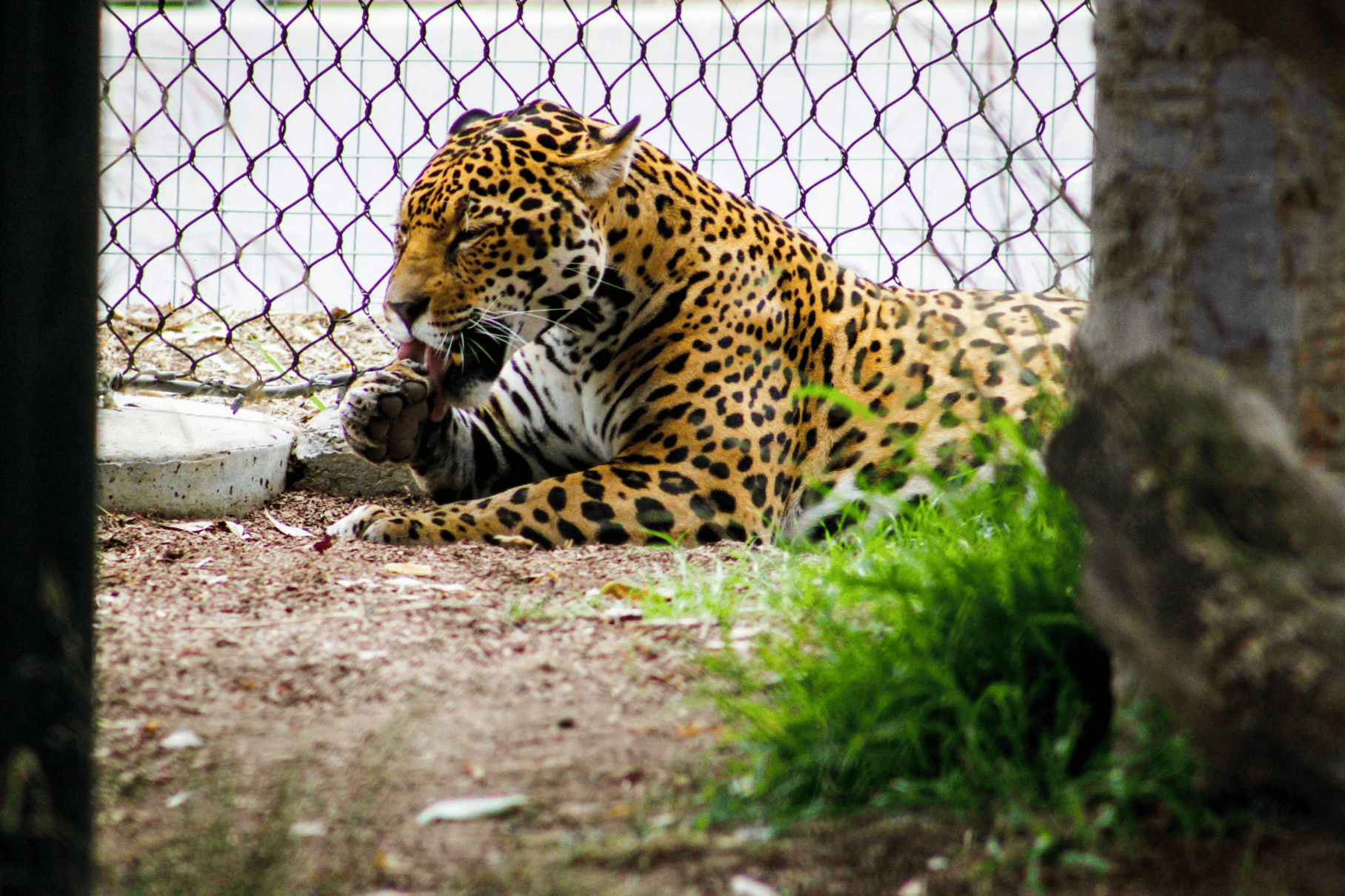
Zoos as Conservation Leaders: Saving Species from the Brink of Extinction
In a world where biodiversity is under threat, zoos have become key players in preserving endangered species.

Educational Impact of Zoos: Inspiring Future Generations of Conservationists
Zoos are invaluable educational resources, offering visitors of all ages opportunities to learn about wildlife and ecosystems in interactive, engaging ways.

Research Centers for Wildlife Health and Behavior: The Scientific Role of Zoos
Zoos are at the forefront of wildlife research, conducting studies that improve our understanding of animal health, genetics, and behavior.

Zoos as Safe Havens for Rescued and Rehabilitated Wildlife
Many zoos serve as sanctuaries for animals that have been rescued from dangerous or harmful situations, such as illegal wildlife trafficking, poaching, or natural disasters.
